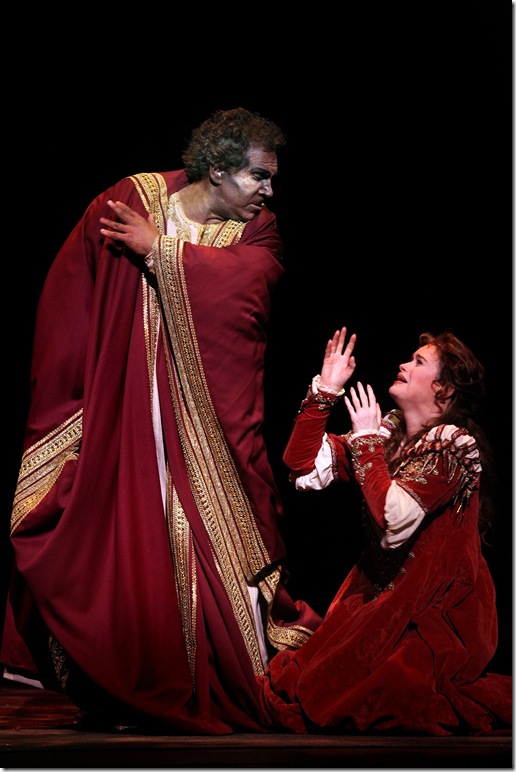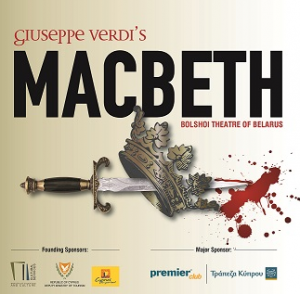

In Shakespeare, Falstaff appears in Henry IV (Parts I and II), Henry V, and The Merry Wives of Windsor. Verdi’s Falstaff is based on the homonymous Shakespearean character of Sir John Falstaff, the fat knight. “After having relentlessly massacred so many heroes and heroines,” he said after the success of his penultimate opera, Othello, “I have at last the right to laugh a little.” And there comes Falstaff. His response to this knowledge, though, was quite different from Silenus’. Next to having his fair share of personal tragedies, he was well acquainted with the most tragic aspects of the human condition through his works. Like Silenus, Verdi had grown wise with the years, rich in experiences. Allegedly, after this attempt, Verdi had sworn never to compose a comedy again.īut after a lifetime of dealing with life’s tragedies through his operas, Verdi changed his mind. The common belief among opera lovers was what Rossini had once said: “Verdi is a great composer but he can’t write a comedy to save his life.” 50 years prior to this, in his youth, the composer had created the comic opera Un Giorno di Regno which was deemed a failure and was canceled after its first performance.


On the other hand, his ability to compose a comedy was doubted. His ability to present life’s most terrible situations in his operas, bringing his audience to the brink of tears, was renowned. By then, Verdi was considered a “master of tragedies”: he had composed no less than 26 tragic operas, most of them considered masterpieces. He composed it when he was almost 80 years old. Falstaff was Verdi’s last and most musically sophisticated opera.


 0 kommentar(er)
0 kommentar(er)
